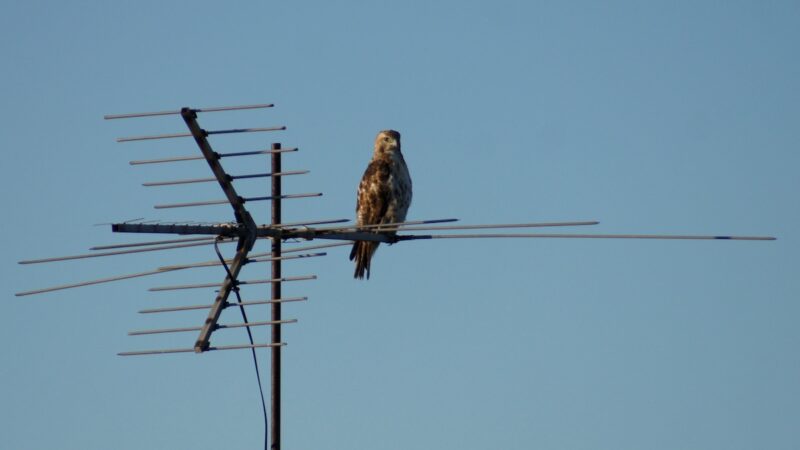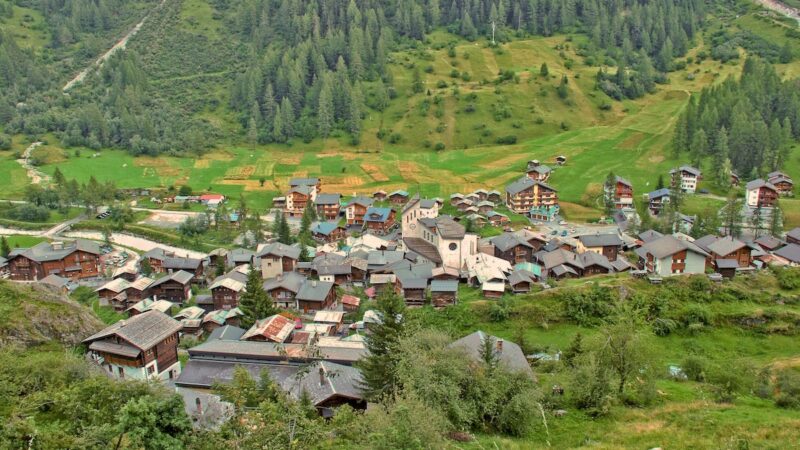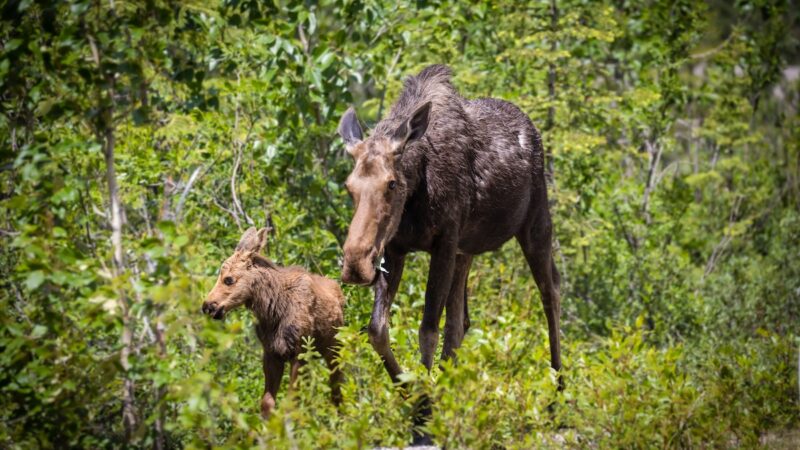5 Things You Didn’t Know About Yosemite National Park
From Yosemite Falls to Half Dome to ancient giant sequoia trees (including the California Tunnel Tree, which you can walk through), Yosemite National Park is a diverse and incredible place. It’s also well-loved and frequently visited by millions of people each year.
Get to know some of the history of Yosemite and explore some lesser-known facts about one of the nation’s oldest national parks.
5. It Was Kind of (But Not Really) the First U.S. National Park
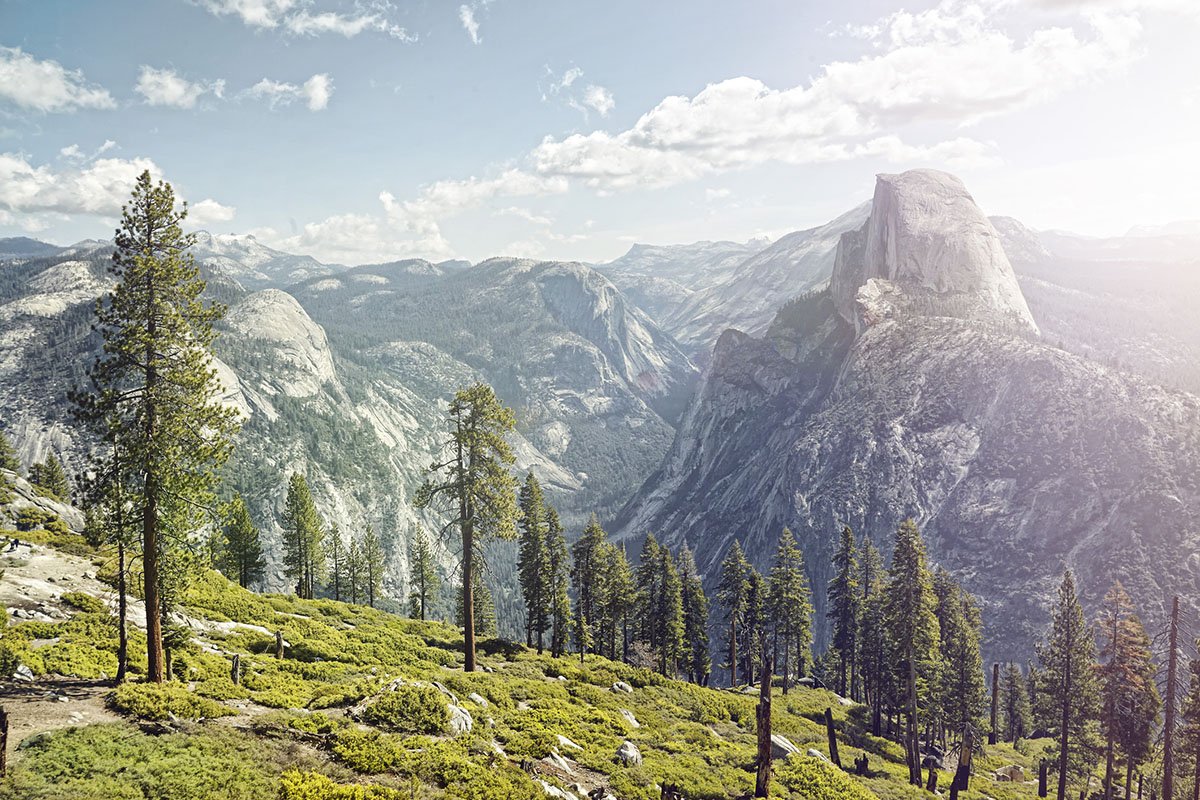
We’re not here to start any wars: Yellowstone gets the title of being the first official U.S. National Park. Parts of Yosemite, though, including Yosemite Valley and Mariposa Grove, were set aside for preservation and public use before Yellowstone gained its national-park status in 1872. Here’s what happened.
Abraham Lincoln signed the Yosemite Grant Act in 1864, creating a protected wilderness area intended for public use for the first time in U.S. history. Yosemite didn’t officially become a national park until 1890, but Lincoln’s Yosemite Grant Act helped lay a foundation for the national park system as we know it today.
Famously, in 1903, John Muir and Teddy Roosevelt went on a camping trip in Yosemite, which led to Roosevelt’s expansion of Yosemite National Park and the creation of several other national parks in the U.S.
4. Yosemite’s First Known Name Was ‘Gaping Mouth-Like Place’
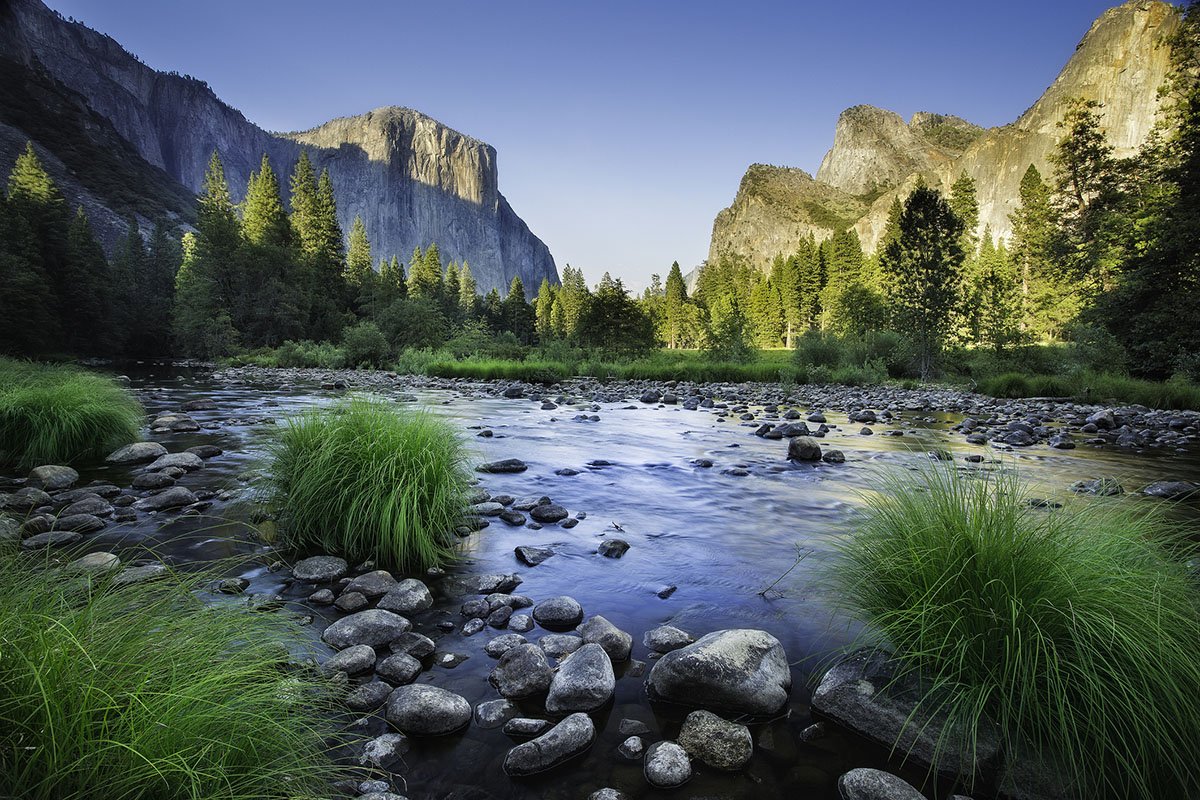
Like many national parks in the U.S., Yosemite was originally called something else by the Native Americans who lived there first. In this case, the Ahwahneechee people called Yosemite Valley “Ahwahnee,” which translates in English to “gaping mouth-like place.”
With literally thousands of years of human history in this magical place, there is a lot of archaeological interest here too. The Yosemite Museum houses a collection of artifacts, including woven baskets that have stood the test of time.
3. It Used to Be Legal to BASE Jump off El Capitan
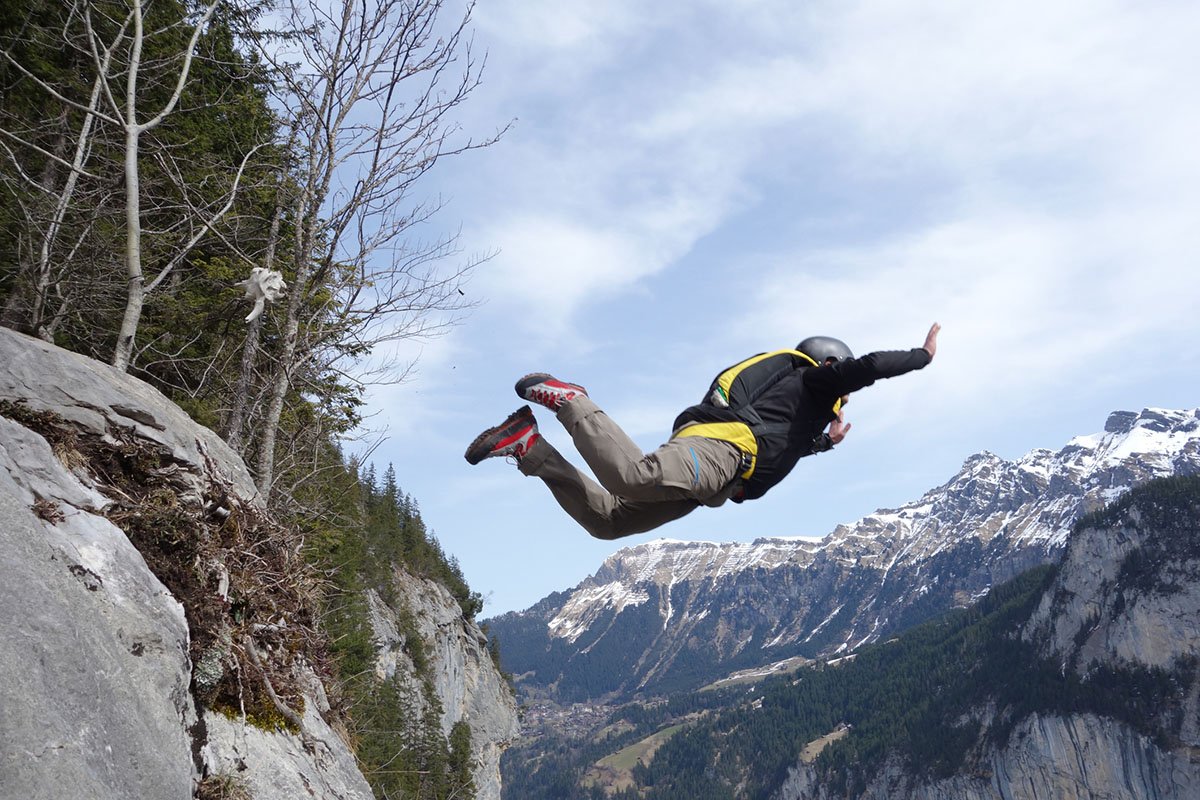
Towering more than 3,000 feet above the floor of Yosemite Valley is El Capitan, a famous Yosemite destination for climbers like Tommy Caldwell, Alex Honnold, and Kevin Jorgeson. While you are allowed to climb El Capitan, you’re not allowed to jump off of it, at least not anymore.
BASE jumping is illegal in many places, including Yosemite. However, in 1980, the National Park Service (NPS) experimented with a permit system that would allow permitted thrill seekers to jump legally. After just a couple of months, it pulled the plug on this experiment, and it has been illegal to BASE jump in the park ever since (though that has not stopped daredevils from trying).
2. Yosemite Has Its Own Toad
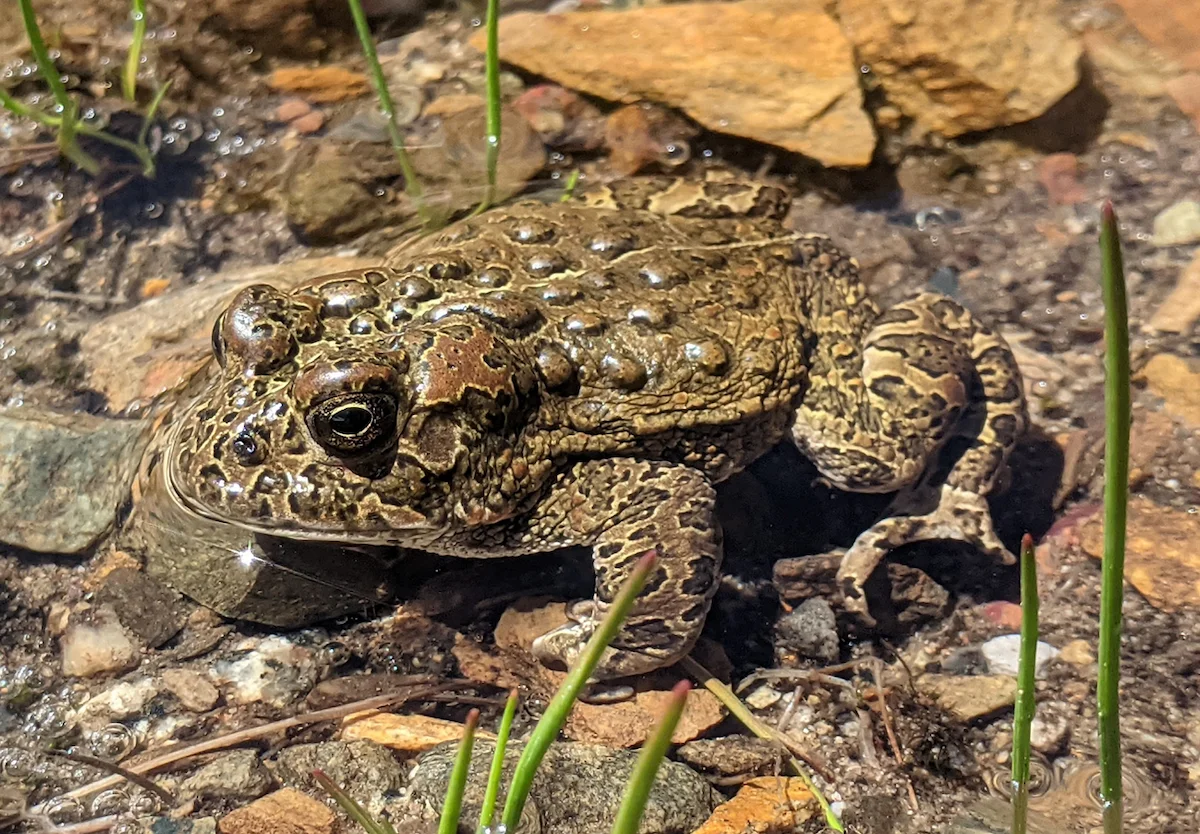
Alongside several other endangered and threatened species of wildlife, like the Sierra Nevada bighorn sheep, the California wolverine, and the Pacific fisher, Yosemite National Park is also home to the Yosemite toad. In fact, there are 11 native and one non-native amphibian species in the park, and three of these, including the Yosemite toad, are only found in the Sierra Nevada of California.
Once common in wet meadows throughout Yosemite and the surrounding area, these toads’ numbers have declined sharply, and it’s now rare to see them. However, the NPS says visitors to Yosemite’s high country still occasionally hear the Yosemite toad’s “strikingly clear, high-pitched trill.”
1. It’s Home to a Natural ‘Firefall’ and Once Featured an Unnatural One
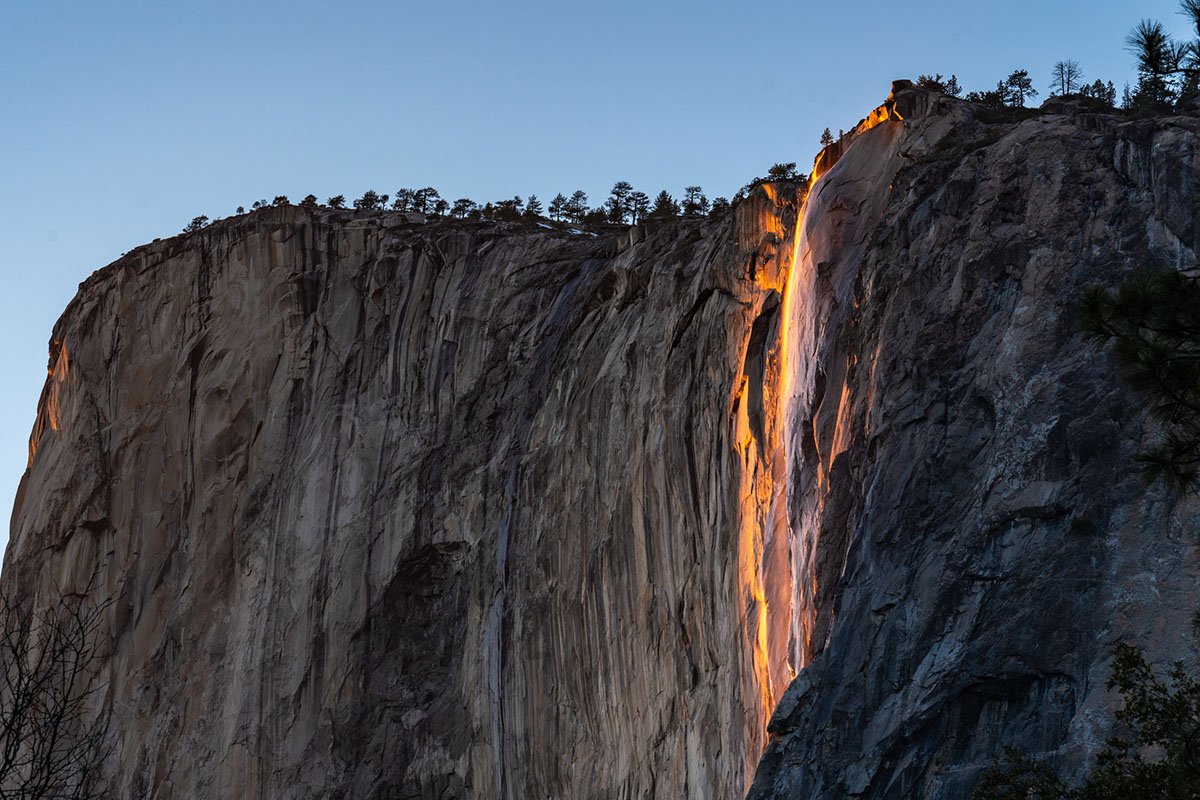
Yosemite National Park is known for its waterfalls, including not only Yosemite Falls but also Sentinel Falls and Horsetail Falls. For a short period of time every year in mid-to-late February, Horsetail Falls transforms into a natural firefall at sunset. The setting sun reflects off the cascading water at just the right angle, making it glow orange and red—as if it were on fire. Conditions have to be right for there to be a firefall, making this optical illusion something truly special to witness.
Up until 1968, crowds would gather every evening near Glacier Point to watch glowing embers be pushed over the edge to create an unnatural “firefall” (this one would definitely not be approved by Smokey Bear). The spectacle was incredibly popular with park goers but ultimately banned over environmental concerns.
Read more facts about the national parks:
Source: https://outdoors.com/things-you-didnt-know-about-yosemite-national-park/

